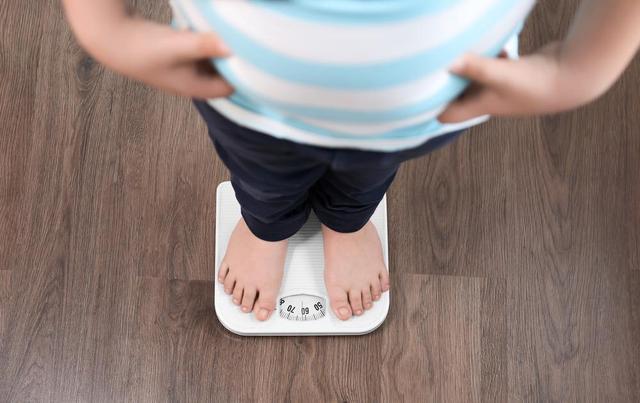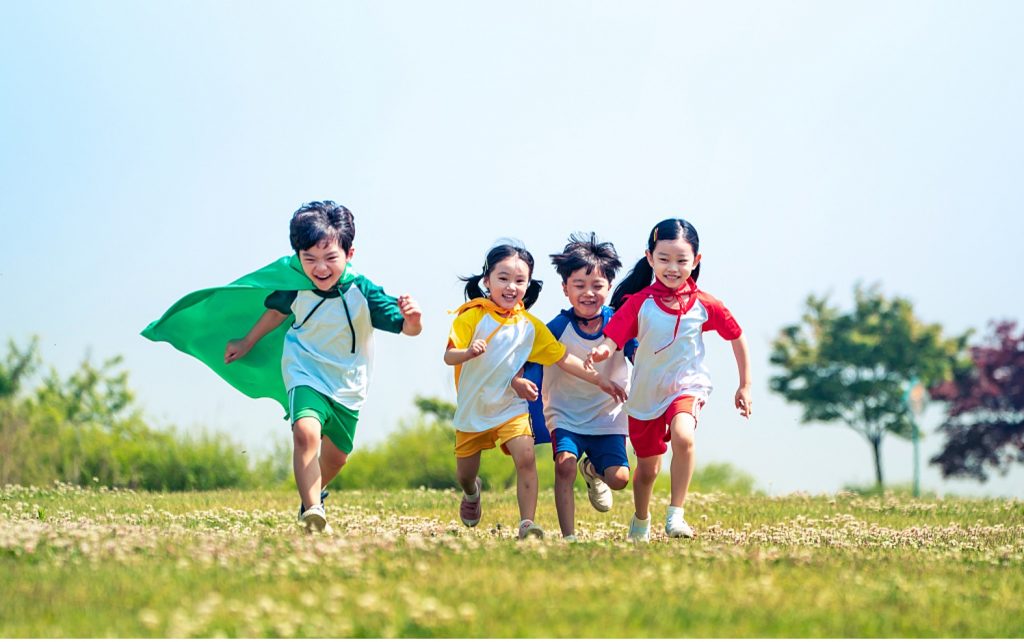VA Insight | Analysis on the Current Situation of Children Related Policy
Since the 18th National Congress of the Communist Party of China, China has taken children’s development as a major strategic task. The country as a whole adheres to the principle of giving priority to children, vigorously develops children related service, and further improved the laws, regulations and policy system to protect children’s rights. In the end, children’s survival, security and development have made great achievements under the guidance of national policies. This year marks the first year of China’s Fourteenth Five Year Plan, and it is also an important timeslot to formulate a new ten-year outline for children’s development, which means children’s development face unprecedented opportunities. Therefore, VA selects some topics which was the focus for central government in recent years including early childhood development, children’s protection, children’s mental health and obesity, and presents the main findings in this essay.
Early Childhood Development

Since the beginning of 21th century, increasing attention has been put into the importance of early childhood development (ECD) globally. The first few years of human life, especially at the age of 0-3, are considered to be the most critical stage. Since China’s Reform and Opening up, it has gradually increased the investment in ECD, and constantly introduced and improved policies on this topic. Since 1991, a series of macro policies such as the Outline for Children’s Development have gradually incorporated and enriched the contents of ECD.
In recent years, the national policy’s focus on ECD has shifted from healthy nutrition to the care services for children aged 0-3, which has been incorporated into the new goal of “primary build a service system for children under 3 years old within urban and rural areas”. Among them, the support and guidance of home care for infants, diversified care service institutions for children under 3 years old, and family friendly policies are the key national sub policies in the near future. Although the guidance of the State Council has provided a policy direction, China’s ECD is still in the exploratory phase. At the micro level, the current policies are still relatively limited, and the implementation details, supporting funds and implementation status in different topics are also varying.
Children’s Protection

Currently, China is one of the countries with the largest number of children in the world. Given by the fast development of internet, a large number of violence incidents against children in families, schools and society have been reported. Thus, children’s protection has received more attention from the government.
In recent years, with the introduction and revision of crucial specific laws, China’s legal system of child protection has been constantly improved. Some laws, including the Anti-Domestic Violence Law, the Law of the Protection of Juveniles and the Juvenile Delinquency Prevention Law, have been promulgated one after another. This year, the Family Education Law of the People’s Republic of China (Draft) was issued and solicited opinions from the public. In addition, other specific laws such as Early Childhood Education Law, Social Assistance Law and the Regulation of Juvenile Protection on Internet are also being formulated to build a more comprehensive legal system for child protection.
On the basis of the continuous improvement of the legal system, the construction of child protection policy system has also made a breakthrough. On the one hand, the range of children protected by policies is expanding; On the other hand, more government departments have been included in the scope of child protection, and a leading group for the children protection under the State Council has been set up in 2021.
However, in the context of the continuous establishment and improvement of the legal system related to child protection, China is still facing huge challenges in reducing and eliminating domestic violence, campus and cyber bullying and sexual abuse against children. They are mainly reflected in the difficulty to implement of laws and regulations strictly, as well as the lack of awareness and ability of relevant personnel and the public to protect children from violence.
Obesity

In China, the problem of overweight and obesity among children is growing prominent, and the government has put more emphasis on it. Since 2008, the Guidelines for the Prevention and Control of Overweight and Obesity among School-Age Children in China, the Outline of China’s Food and Nutrition Development (2014-2020), the Healthy China Initiative (2019-2030) and the Implementation Plan for the Prevention and Control of Obesity among Children have been issued one after another, and the Measures for the Supervision and Administration of Food Labeling is also being formulated. It hopes to change the environment of children’s obesity through policies and regulations, and strengthen multi sectoral cooperation to solve this problem.
However, regarding the problem of obesity and overweight in children, the policy formulation in China has just started, and the major gap is resumed in policies of the nutrition label management policy and food marketing management. First of all, effective food labeling management can guide consumers to make better choices, but China has not yet introduced strong regulatory measures for the labeling of processed food. In addition, children’s preference for food will be affected by advertising and non-traditional media promotion activities, but the existing “Advertisement Law” in China has limited restricted category for children-unhealthy food and beverage advertising and has little binding power.
Mental Health

Nowadays, the factors of fiercely competition in education system, high expectations of the one-child families, and rapidly changing social and economic status, makes the children and teenagers in China face more and more pressure.
In recent years, the Chinese government has begun to pay more attention to the mental health of children and adolescents. Since 2012, relevant ministries and commissions have promulgated a series of laws and regulations, covering mental health, mental health education in primary and secondary schools, construction of psychological counseling rooms in these schools, adolescent depression, social psychological service system, etc.
These policies illustrates that the government attaches great importance to children’s mental health, yet there is still a big gap toward the effective implementation of the policies. Especially in the provision of mental health services, China is still facing great challenges. First of all, there is a lack of standards to ensure the quality of mental health services, as well as strict and unified professional qualification certification of psychological counselors and other related practitioners. Secondly, mental health education in primary and secondary schools still needs to be strengthened. Relevant policies need to be issued to ensure the effective implementation of mental health education. Finally, the community mental health service in China is still at the primary stage, while the service system is not in existence and there is a lack of specific guidance scheme for the implementation of community mental health projects.

Looking forward to the Fourteenth Five-Year Plan, China will continue to adhere to the principle of giving priority to children and protect the rights and interests of children. It is hoped that this policy research can mobilize more institutions and individuals pay attention to children’s development, and jointly explore innovative methods to solve problems in children related issues, so as to promote the development of China’s children’s protection.
